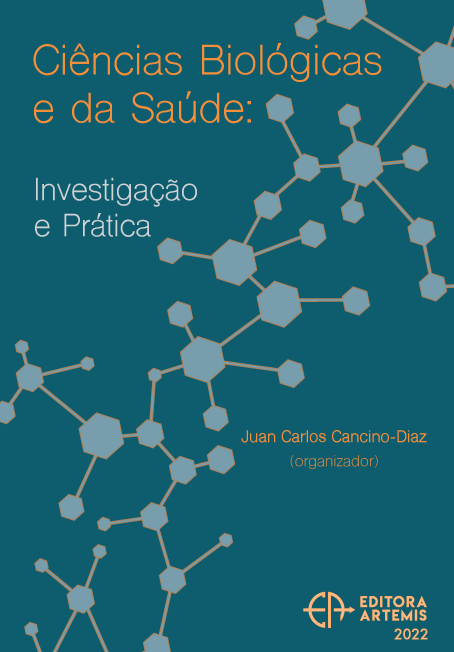
QUANDO O ENFERMEIRO SE TORNA DOENTE - ACEDENDO À EXPERIÊNCIA VIVIDA: IMPLICAÇÕES NO SER E ESTAR
A experiência de estar doente é única. Os comportamentos e atitudes adotados por cada pessoa são singulares e estão de acordo com todas as crenças e conceitos criados pela sua própria experiência pessoal e pelas características da cultura que integram, com expressão na sua forma de estar e de responder perante uma situação particular de doença. Na condição de profissionais de saúde, os enfermeiros irão vivenciar a doença de forma comum a qualquer outro ser humano, embora alicerçados num corpo de conhecimentos científico próprio e específico, que caracteriza a enfermagem. Elaborou-se um estudo qualitativo que tem como objetivo compreender o significado da experiência vivida de ser doente, na perspetiva individual e única do ser que cuida, na pessoa do enfermeiro. A sua realização exigiu uma abordagem fenomenológica, adotando a metodologia de Giorgi. Foram realizadas entrevistas em profundidade (15) e solicitados relatos escritos individuais (14) para a recolha de informação. Da análise efetuada aos dados obtidos identificou-se uma estrutura essencial do fenómeno de experiência vivida de doença própria pelo enfermeiro, constituída por quatro componentes, dos quais destacamos dois: Estar Doente e Ser Doente. A vivência de uma experiência de doença própria pelos enfermeiros, possibilita-lhes a perceção sobre o que sente e vive o doente; as implicações de estar doente a nível pessoal e qual o seu impacto na sua conduta profissional e no tipo de cuidar que desenvolvem.
QUANDO O ENFERMEIRO SE TORNA DOENTE - ACEDENDO À EXPERIÊNCIA VIVIDA: IMPLICAÇÕES NO SER E ESTAR
-
DOI: 10.37572/EdArt_2808226063
-
Palavras-chave: Enfermeiros, Experiência Vivida de Doença, Fenomenologia, Enfermagem
-
Keywords: Nurses, Lived Experience of Illness, Phenomenology, Nursing.
-
Abstract:
The experience of being sick is unique. The behaviors and attitudes adopted by each person are unique and are in accordance with all the beliefs and concepts created by their own personal experience and by the characteristics of the culture they integrate, with expression in their way of being and responding to a particular disease situation. As health professionals, nurses will experience the disease in a way that is common to any other human being, although based on a specific body of scientific knowledge, which characterizes nursing. A qualitative study was carried out to understand the meaning of the lived experience of being sick, from the individual and unique perspective of the caregiver, in the person of the nurse. Its realization required a phenomenological approach, adopting Giorgi's methodology. In-depth interviews (15) were conducted, and individual written reports (14) were requested to collect information. From the analysis carried out on the data obtained, an essential structure of the phenomenon of lived experience of illness by nurses was identified, consisting of four components, two of which we highlight: Feeling Ill and Being Ill. The nurses' experience of their own illness enables them to perceive what the patient feels and experiences; the implications of being sick at a personal level and what impact it has on their professional behavior and on the type of care they develop.
-
Número de páginas: 16
- Isabel Maria Ribeiro Fernandes

